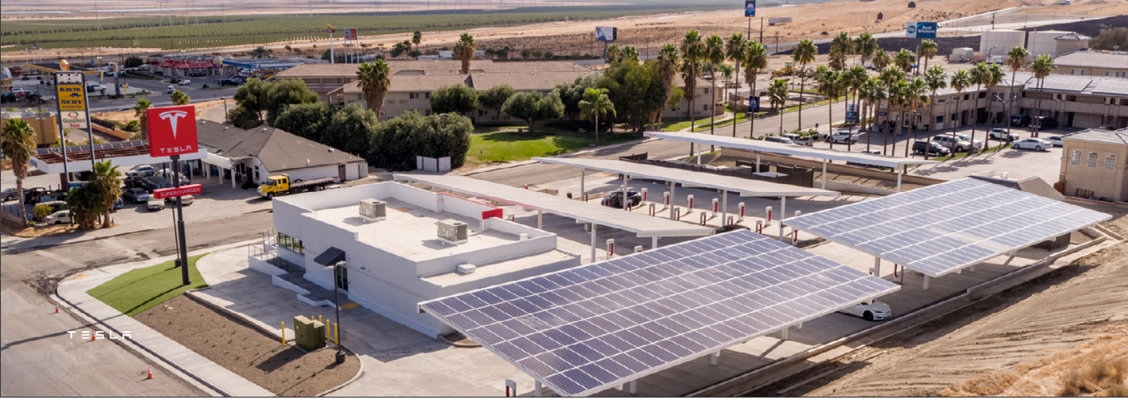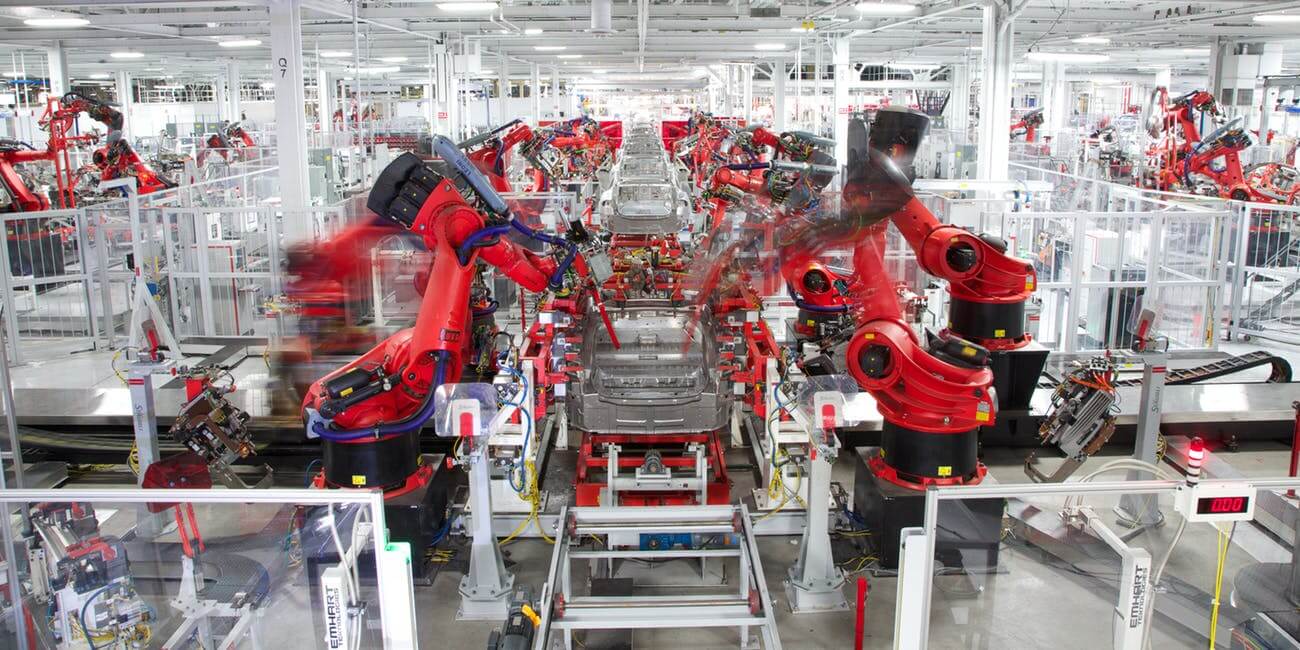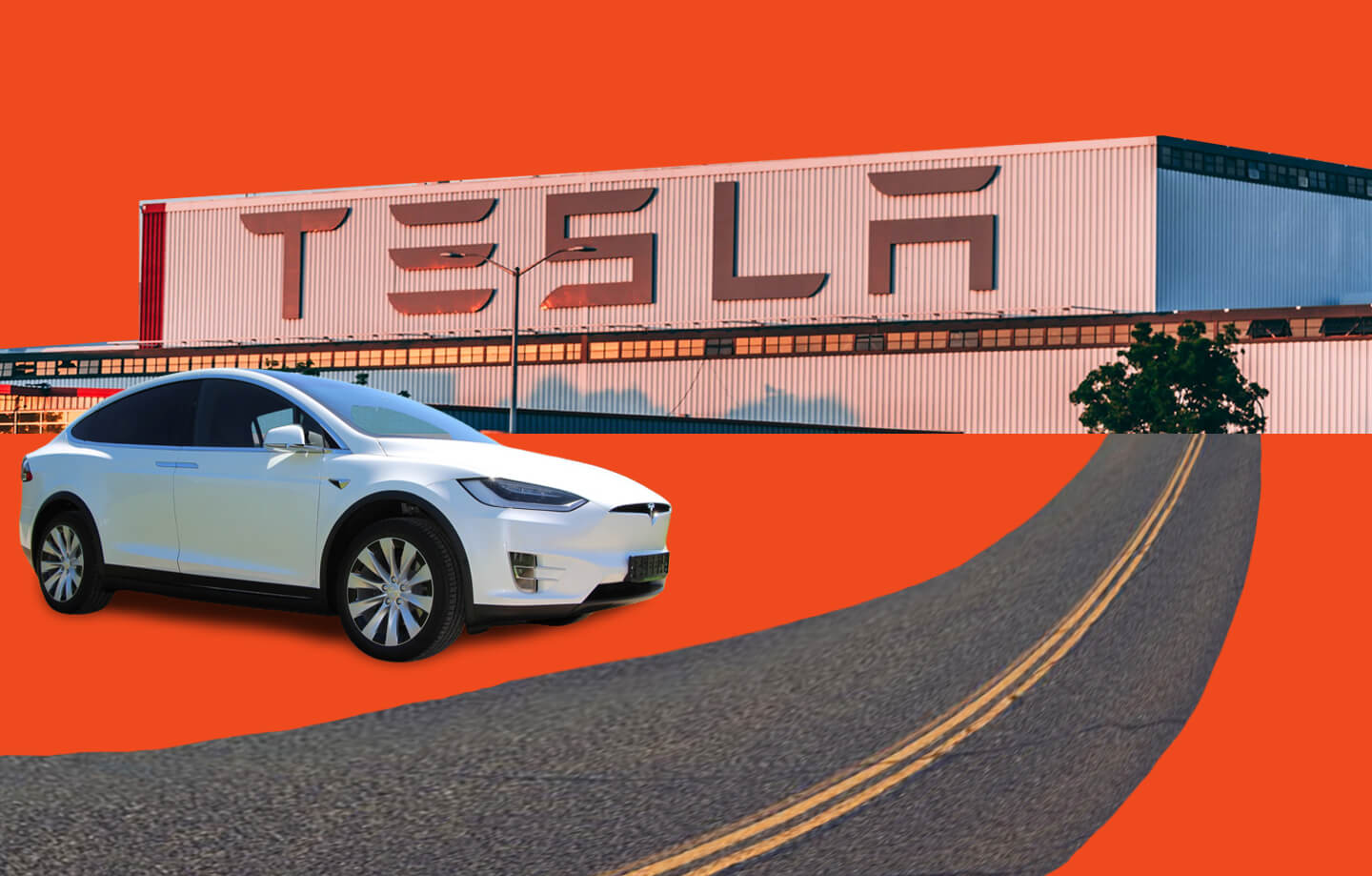Tesla was founded by a group of engineers who wanted to prove that electric vehicles could be better, quicker and more fun to drive than conventional cars. And just 12 years after the launch of the first Tesla Roadster, there’s little doubt that the future of driving will be electric.
Well, that’s not entirely true. Questions remain around a number of important topics – and some people say these new-generation vehicles are even more dangerous and environmentally harmful than conventional cars. You’ve probably heard statements like:
- “Driving on autopilot is dangerous and shouldn’t be allowed”
- “Making batteries is dirty and even worse for the environment than oil.”
- “Batteries will never be cheap enough to make electric cars competitive.”
- “Using dirty coal power to charge cars isn’t any better for the environment.”
- “Tesla use cobalt from mines operated by children in the DRC.”
This month, Tesla released its first impact report, which addresses these concerns. Here are some of the most interesting bits:
Tesla’s Autopilot function appears to cause fewer road accidents than conventional driving.
“In Q1 2019, we registered one accident for every 2.87 million miles driven in which drivers had Autopilot engaged. For those driving without Autopilot, we registered one accident for every 1.76 million miles driven. By comparison, the NHTSA’s most recent data shows that in the United States there is an automobile crash every 436,000 miles.”
The company is working on ways to recycle old electric vehicle batteries.
“A common question we hear is, ‘What happens to Tesla vehicle battery packs once they reach their end of life?’. An important distinction between fossil fuels and lithium-ion batteries as an energy source is that while fossil fuels are extracted and used once, the materials in a lithium-ion battery are recyclable. When petroleum is pumped out of the ground, chemically refined and then burned, it releases harmful emissions into the atmosphere that are not recovered for reuse. Battery materials, in contrast, are refined and put into a cell, and will still remain at the end of their life, when they can be recycled to recover its valuable materials for reuse over and over again.”
Electric car batteries are set to get cheaper.
“The closed-loop battery recycling process presents a compelling solution to move energy supply away from the fossil-fuel based practice of take, make and burn, to a more circular model of recycling end-of-life batteries for reuse over and over again. From an economic perspective, we expect to recognize significant savings over the long term, as the costs associated with large-scale battery material recovery and recycling will be far lower than purchasing and transporting new materials.”

A car battery recharged from a ‘dirty’ electricity source does less environmental damage than driving a gasoline car.
“Even when electric vehicles are charged in regions that derive much of their electricity from the burning of fossil fuels, the electricity production needed to charge electric vehicles is still considerably less harmful to the environment than filling up an ICE vehicle gas tank. For example, as of July 2018, according to the U.S. Department of Energy’s Alternative Fuels Data Center, even in Texas — one of the states with the highest amount of electricity coming from fossil fuels at 75% — emissions related to the production of electricity used in electric vehicles are still over 22% lower than gasoline cars and almost 5% lower than plug-in hybrid vehicles.”
Cobalt is being phased out of Tesla batteries.
“Tesla not only uses far less cobalt per vehicle than the rest of the electric vehicle industry but also plans to recycle and reuse the cobalt at these batteries’ end of life. Tesla continues to look for ways to reduce the amount of cobalt used in our battery cells with a goal of eliminating it entirely.”
… In the meantime, it keeps a close eye on the mines.
“To assure the cobalt in Tesla’s supply chain does not come from ASM sites, we have implemented targeted due diligence procedures for cobalt sourcing… Tesla has a zero-tolerance policy towards human rights abuses in our supply chain. Tesla’s Human Rights and Conflict Minerals Policy is in place to ensure that Tesla’s products do not directly or indirectly finance or benefit armed groups through mining or mineral trading in the DRC and its adjoining countries.”

Quelle: inverse.com
What do the critics say about the Tesla Impact Report?
Naturally, Tesla’s Impact Report isn’t without criticism. And yes – there’s still a number of serious sustainability problems that Tesla needs to solve. But overall, we feel pretty inspired by this Silicon Valley car marker. Not only is Tesla moving in the right direction, it has also proven to other car makers that people have a real desire to drive electric vehicles (even releasing its patents to help the industry advance as a whole). The overall electric vehicle market is now growing by an incredible 40% each year. We can’t wait to see what Tesla does next.



